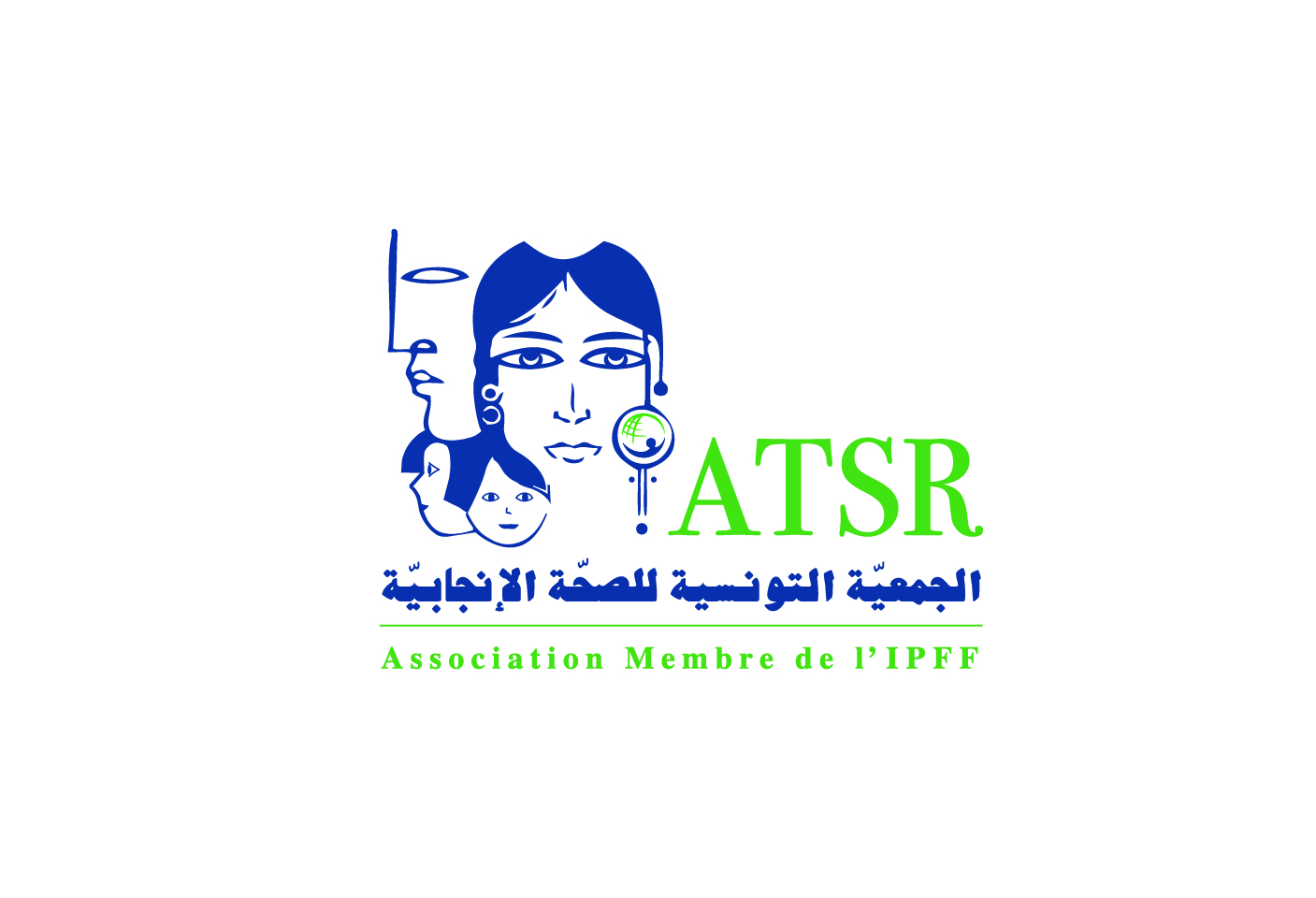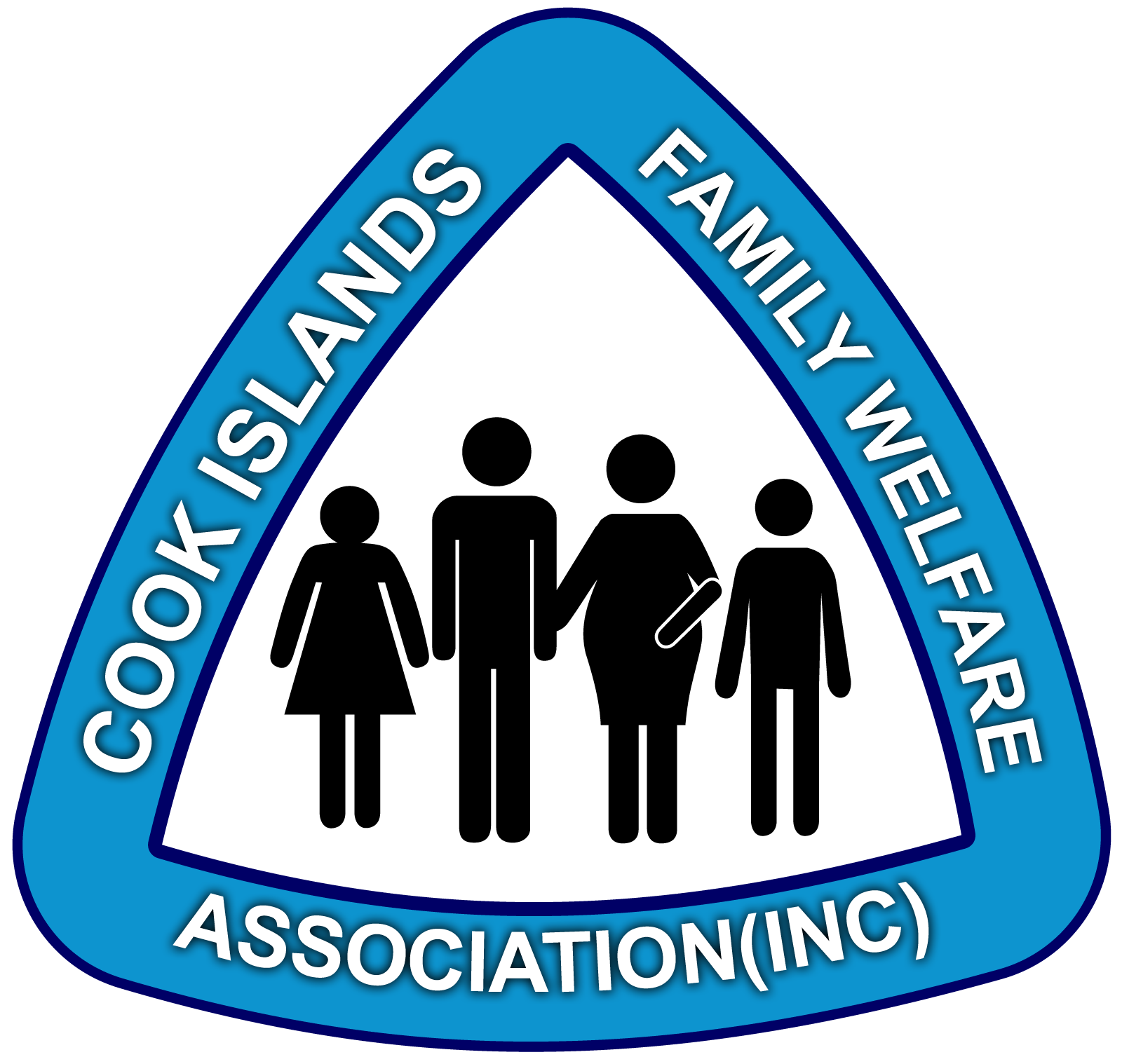

| 31 March 2016
Association Tunisienne de la Santé de la Reproduction
The Tunisian Sexual and Reproductive Health Association (ATSR) was established in 1968 and joined IPPF in 1969. It is government-supported and plays a key partnership role with public health services in Tunisia. It has run a number of government and UNFPA- funded initiatives (such as the Family Health Project, designed to raise awareness of family planning amongst deprived communities). ATSR works together with the National Office for the Family and Population (ONFP) to deliver free sexual and reproductive health and rights (SRHR) services, including family planning and education and communication (IEC) programmes to sensitise peri- urban and rural populations about family planning. Additionally, ATSR is heavily involved in raising awareness about sexually transmitted infections (STIs) and HIV and AIDS, dangerous behaviour, male responsibility, pre-marital medical examination, violence against women, and unsafe abortion. It runs innovative projects for disabled people and for single mothers. The organisation's recommendations feed into the development of Tunisia’s national family planning policy, ATSR has become central to the practical implementation and achievement of government objectives. Contacts Website: http://atsrtn.org/ Facebook: https://www.facebook.com/www.atsrtn.org Twitter: https://twitter.com/ATSRTN

| 31 March 2016
Cook Islands Family Welfare Association
Since its establishment more than 25 years ago, CIFWA has played a major role in expanding the range of SRHR services in the Cook Islands. Obstetrics, family planning (FP), HIV Prevention and STI Treatment including Voluntary Confidentiality Counseling are now available in addition to breast and cervical screenings and treatment of other gynecological disorders. The association is currently working with the Government through the support from the Board President who is currently the Government’s clerk in pushing forward the Family Law Bill. The Bill is expected to be passed in July of 2016 after the public consultation. It continues its work in the area of advocacy and this has encouraged more donor support to the work that they are doing in the area of provision of services to the rural and remote islands.







